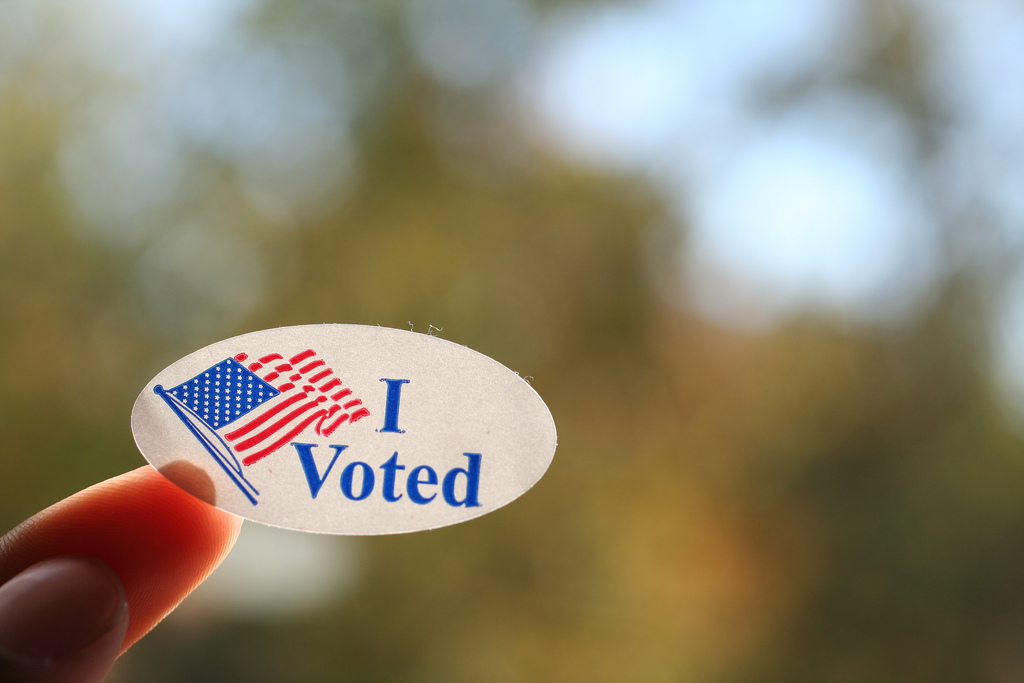Archived
Pay-to-Play is Bad for Business
Growing up, my father would often tell stories of his days as a professional musician. A major lesson he imparted on me is that a musician should never pay to…
Archived
Flickr – Troye Owens
Last night, reform won big.
At the time of writing, Mainers have approved the Clean Elections initiative with more than 55 percent of the vote and I-122, with its novel system of “democracy vouchers,” has garnered more than 60 percent of the vote in Seattle. These victories follow a number of past successes and reflect a clear step toward further innovations.
These measures reflect the growing movement toward greater transparency and accountability in elections. To avoid a pay-to-play system, Seattle has banned politicians from accepting contractor campaign contributions. Maine’s initiative features tougher penalties for disclosure violations and forces independent groups that do political spending to reveal their top donors.
Over the past few years, reforming the influence of money in politics has become a pressing issue at all levels of government. Discussions of campaign finance, super PACs and who is beholden to whom have dominated the crowded presidential primary contest, with nearly every candidate from both sides of the aisle speaking out.
But Americans are clearly tired of talk, and have taken to their municipalities, counties and states for change. Within the past two years, Tallahassee instituted stronger ethics rules, lowered contribution limits and implemented a contribution rebate program; Montgomery County, Maryland passed a public financing matching system for county elections and Montana approved a measure requiring that all groups making political donations or expenditures disclose their donors.
The initiatives in Maine and Seattle are just the beginning. Groups across the country are continuing the push for structures that create a more responsive and representative democracy, where policymakers are accountable to all of their constituents. In the wake of expensive elections and federal gridlock, voters have turned to local governments to enact significant reforms and will only continue to do so in the future.
Issue: Money in Politics
Archived
Growing up, my father would often tell stories of his days as a professional musician. A major lesson he imparted on me is that a musician should never pay to…
Archived
A number of states and localities have made disclosure reform a priority, producing innovations worth emulating. These institutions, unrestricted by congressional gridlock, offer proving grounds for a variety of reforms.…
Archived
12 national groups, including Issue One, have endorsed the 21st Century Democracy Agenda, a comprehensive policy platform to reduce the influence of money in politics and ensure that everyone has a…

